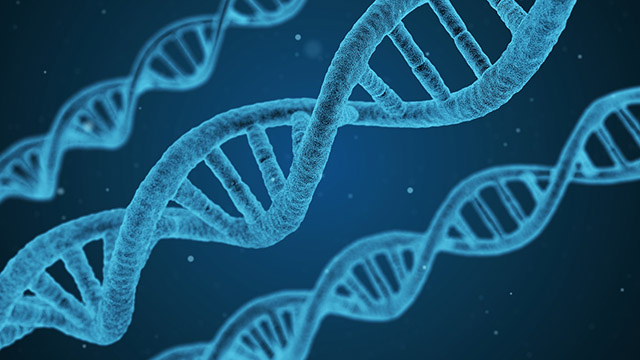At the Hyderabad-based CSIR-Centre For Cellular and Molecular Biology (CCMB), a team of scientists has acknowledged eight novel genes found defective in some men concerning their fertility. K Thangaraj’s research group has been studying this theory to comprehend the Genetic causes of male infertility for the last two decades.
Earlier, they have shown that about 38% of males with infertility have definite regions missing or any abnormalities seen in their Y chromosomes or mutations in their mitochondrial and autosomal genes. “Their new Multi-institutional study emphasises the infertility cause in the rest of the cases that constitute the majority of infertility-affected men.
The team has identified eight novel genes that were found defective in the male population of India. This study was recently published online in the Journal of Human Molecular Genetics,” CCMB said in a release. K Thangaraj, leading study investigator and Director of the DBT-Centre for DNA Fingerprinting and Diagnostics, Hyderabad, said: “We have recognised a total of eight genes that weren’t known earlier for their role in human male fertility”. They have also identified mutations in these genes that impair sperm production, leading to male infertility.
As per the report, one out of every seven couples is infertile worldwide, and male infertility accounts for about 50% of these cases. Injuries, infections, chronic illness, lifestyle choices, and genetic factors result in infertility in males.
Sudhakar Digumarthi, prime author of the study, PhD student of CCMB, and currently a scientist at ICMR-National Institute for Research in Reproductive and Child Health in Mumbai, said: “We have first sequenced all the essential regions of all genes in which around 30,000 of them are using next generation sequencing in 47 well-characterised infertile men. We then authenticated the known genetic changes in about 1,500 infertile men from different areas of India.”
The researchers have considered a mutation in one of the eight genes, Centrin 1 (CETN1), to apprehend how the mutation affects sperm production, the release added.




